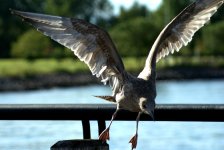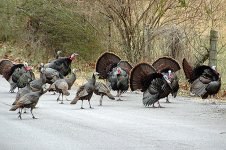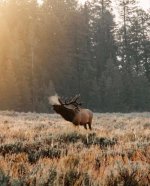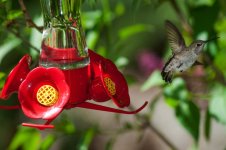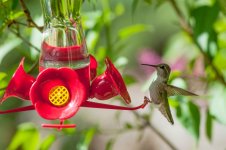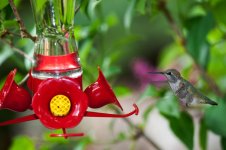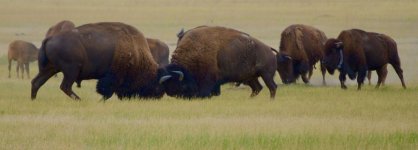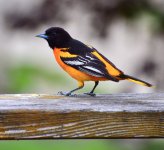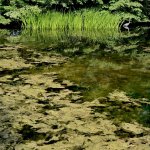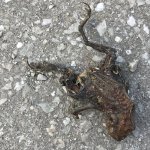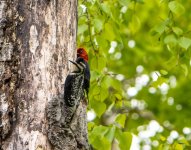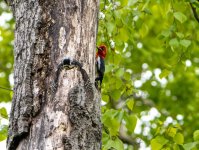The Germans greatly assisted their ally with designing and building glass. Pentax came to American shores by the thousands as occupying GIs returned home and separated from the service. Pentax really shown during the fifties and into the sixties. It was well built, surprisingly light with more than adequate glass. Pentax became the camera of choice for tourists wanting a quality, inexpensive, easy to haul around SLR with interchangeable lenses. The company never capitalized on their free advertising from returning military to America. The were very content to service the Japanese market and leave the rest of the world to Kodak, Nikon and lesser brands. Leica made the world's best "pocket" camera. Expensive as hell though. Many Japanese brands were imported but failed to launch well run ad campaigns and so became "also rans". Minolta, Pentax, Fuji and many others never really competed with Nikon and Canon. These two quickly realized the value of photographers wearing their colors on TV screens at the Olympics, Super Bowl, F1, World Series, championship class soccer and such. Free advertising worth billions.
Both companies lent gear to magazines, provided wearable swag for the shooters and prominently displaying their name on the front of the viewfinder for a TV camera.
Sony was/is an innovator in electronics. Nikon and other brands used Sony parts inside their camera bodies. But, Sony didn't really enter the camera/lens market until the nineties. And, they jumped into the market with a good product, retailer support and decent prices.
No brand appeared to dent Nikon/Canon leads. Canon really crushed Nikon's predominant position with the ever so innovative 70-200 f2.8. Sports Illustrated, National Geographic and others canned Nikon and switched to Canon simply because of that piece of glass. It took Nikon two years to market a comparable lens and the damage was done.
All the well known brands offer great entry level packages. I don't see the need to advertise for them here. Or, to even tout one brand over the other. Let 'em pay for advertising and prospective buyers should should visit retailers to find a package which meets their needs.
When I was selling cameras at a friend's shop the whole idea was to determine the customer's need and steer them to the cheapest usable body and the best glass they could afford. But, that was the time of "the light tight box" which held film flat. Then came cameras with electronic shutters, built-in light meters and such. The photo world started to really and rapidly change. Mostly for the best.
Always keep in mind when shopping for a camera, "It's the size of the pixels, not the number of pixels." Larger pixels equals more information collected. Bigger is better in this case! Slow transfer of data can slow shooting rate. Good cards, large is you shoot video, with fast transfer rates often means getting or missing a shot when shooting sequences of birds in flight, sheep in rut and what have you.
I'll end here as I really doubt that many members are interested in most of my trivia.
One more notation, harsh, bright sun isn't the best light! Tough to get decent, detail filled shots. Softer, overcast light is usually best for wildlife. So, do not let clouds or even a light rain deter you. Grab a camera and shoot ... shoot a lot.
